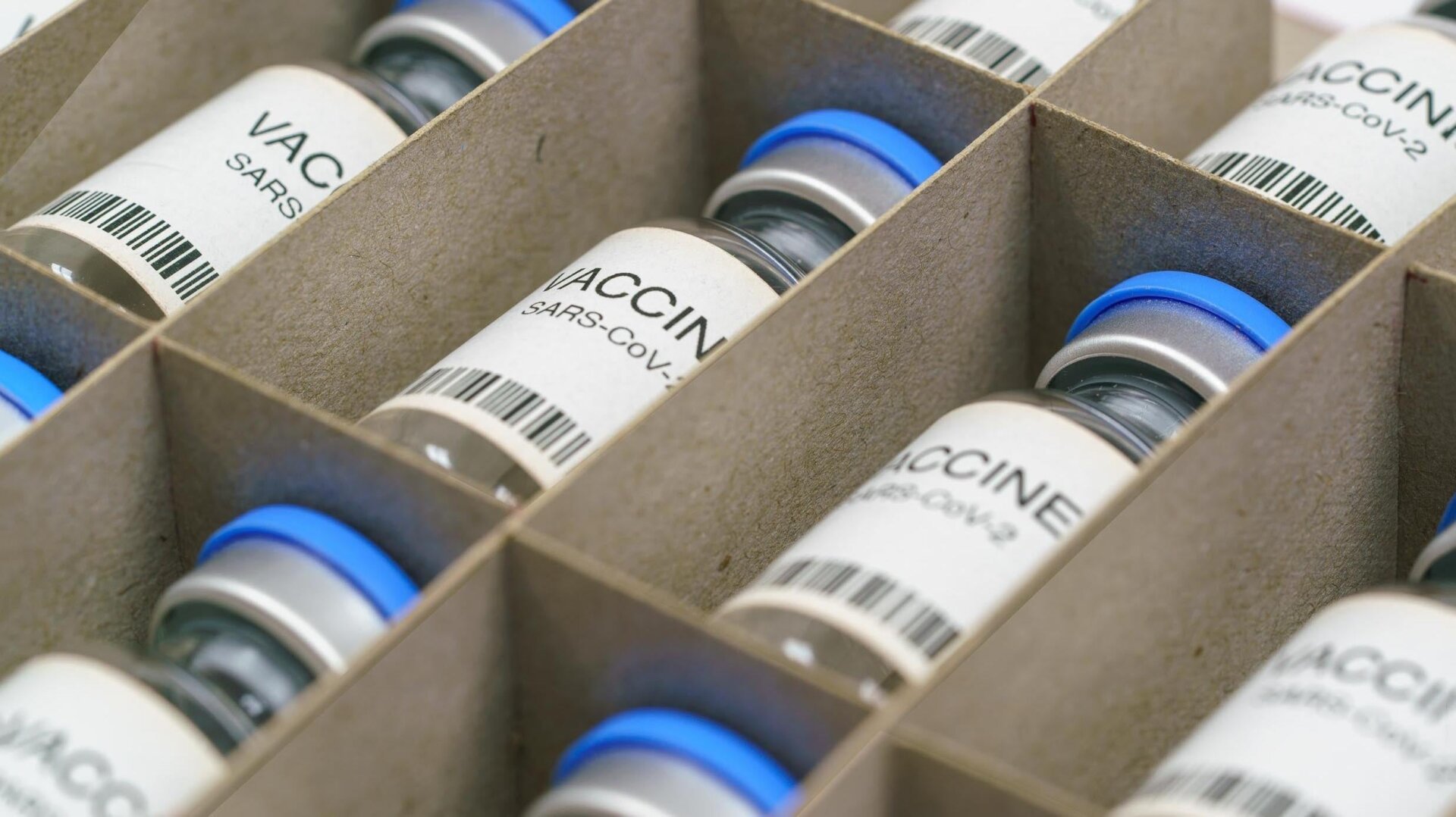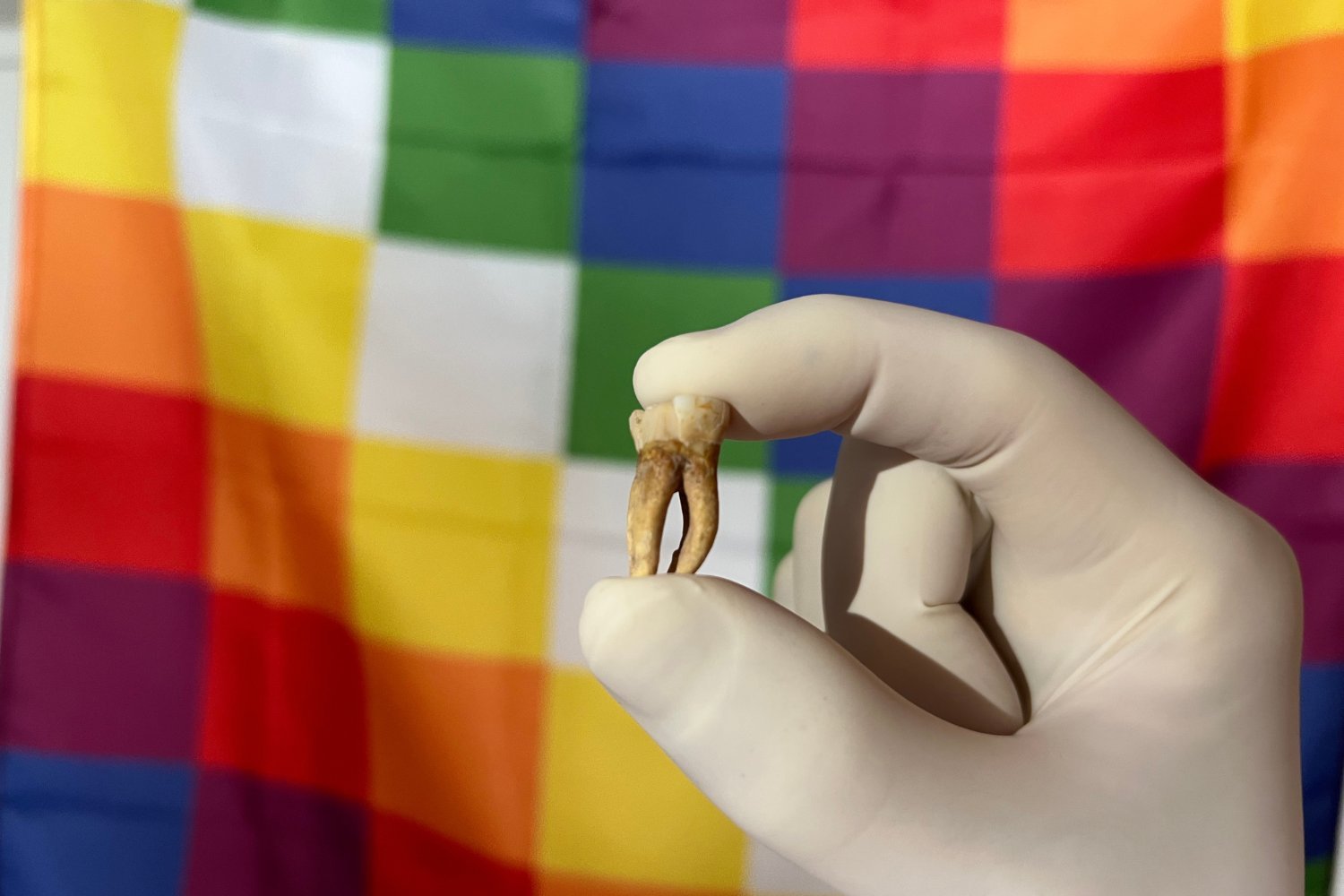Common antidepressant medications, Selective Serotonin Reuptake Inhibitors (SSRIs), may offer more than mental health benefits. Groundbreaking research indicates SSRIs could play a crucial role in fighting cancer and enhancing the immune system’s ability to combat the disease, opening new avenues for potential SSRIs cancer treatment strategies.
Unlocking Antidepressants’ Potential in Oncology
A recent study spearheaded by scientists at the University of California, Los Angeles (UCLA), and published in Cell, reveals promising anti-cancer properties of SSRIs. Through experiments involving mice and laboratory models, researchers observed that these drugs effectively shrunk various cancer types. Furthermore, SSRIs appeared to improve the immune system’s capacity to identify and eliminate cancer cells and boosted the efficacy of existing immunotherapy treatments.
The Intricate Role of Serotonin and SSRIs in Cancer
Serotonin, a multifaceted hormone, has a complex relationship with cancer. It can promote certain tumor growth while also enhancing the immune response against cancerous cells. This duality has spurred scientific interest in repurposing serotonin-interacting drugs, like antidepressants, for oncology. Several years ago, the same UCLA researchers demonstrated that MAO inhibitors, an older class of antidepressants, exhibited anti-cancer effects in mice. However, due to significant side effects and drug interactions associated with MAO inhibitors, the focus shifted to SSRIs, which target the SERT protein and offer a safer profile.
The research team administered SSRIs to mouse and human models of diverse cancers, including melanoma, breast, prostate, colon, and bladder cancer. The treatment resulted in an average tumor size reduction of over 50%.
Empowering T Cells: How SSRIs Boost Anti-Tumor Immunity
Delving deeper, the study found that SSRIs seem to enhance the function of specific immune cells known as killer T cells, making them more adept at recognizing and destroying cancer cells. “It turns out SSRIs don’t just make our brains happier; they also make our T cells happier—even while they’re fighting tumors,” stated senior study researcher Lili Yang, a professor at UCLA, in a university statement. “SSRIs made the killer T cells happier in the otherwise oppressive tumor environment by increasing their access to serotonin signals, reinvigorating them to fight and kill cancer cells.”
Synergistic Impact: SSRIs Combined with Immunotherapy
Professor Yang and her colleagues further explored the potential of SSRIs by combining them with immune checkpoint blockade (ICB) therapy, a treatment that unleashes the immune system against cancer by inhibiting proteins that shield tumors. In mouse models, this combination therapy led to even more significant shrinkage of melanoma and colon cancer tumors. Remarkably, in some instances, the combined approach appeared to completely eradicate the cancer.
The Path Forward: From Laboratory Findings to Human Trials
While these findings are currently based on animal and lab studies, signifying that SSRIs are not yet a standard cancer treatment, their existing approval for depression offers a distinct advantage. Developing SSRIs for cancer applications could require considerably fewer resources and time compared to entirely new experimental drugs. UCLA has filed a patent for this combination approach on behalf of the lead researchers, who are now planning to validate their hypothesis through human clinical trials.
“Our goal is to design a clinical trial to compare treatment outcomes between cancer patients who take these medications and those who do not,” explained Yang, who is also affiliated with UCLA’s Goodman-Luskin Microbiome Center and the Parker Institute for Cancer Immunotherapy. This research offers hope that medications known for alleviating depression might soon join our arsenal in the fight against cancer.











